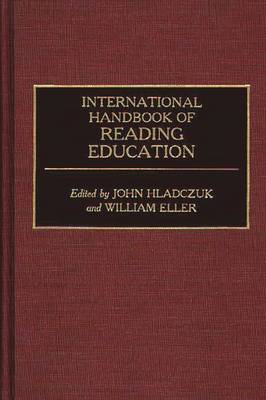
- Afhalen na 1 uur in een winkel met voorraad
- Gratis thuislevering in België vanaf € 30
- Ruim aanbod met 7 miljoen producten
- Afhalen na 1 uur in een winkel met voorraad
- Gratis thuislevering in België vanaf € 30
- Ruim aanbod met 7 miljoen producten
Omschrijving
As major political and social changes continue to sweep through the countries of the world, and more and more nations move toward forms of social democracy, the importance of being able to read has taken on a new urgency. The burden of government, commerce, education, and social welfare is moving increasingly toward the individual, and with it the need to turn basic reading skills into the sophisticated ability to analyze, comprehend, and debate the whole world of language in front of him. This book offers an opportunity to see how the process of learning to read is being handled in a broad cross-section of countries in the world, representing the First, Second, and Third Worlds.
Each of the twenty-six country surveys has been written by an international scholar indigenous to that land and follows the same basic pattern in examining reading education. Following a brief introduction to the nation and its particular educational characteristics, ten reading-associated factors are fully discussed and analyzed. These factors include the language of the country in question, its reading policy, the goals of reading, illiteracy, issues pertaining to the rate and diagnosis of reading disabilities, reading readiness programs, the teacher qualification procedure, the source and availability of materials in reading, the financing of reading education, and research thrusts in the field of reading. Each chapter then concludes with a summary and brief bibliography of important reference sources within that country. This unique study will be an essential reference tool for students and practitioners in-the fields of education and reading literacy, as well as a valuable addition to both public and academic libraries.
Specificaties
Betrokkenen
- Auteur(s):
- Uitgeverij:
Inhoud
- Aantal bladzijden:
- 544
- Taal:
- Engels
Eigenschappen
- Productcode (EAN):
- 9780313262531
- Verschijningsdatum:
- 27/07/1992
- Uitvoering:
- Hardcover
- Formaat:
- Genaaid
- Afmetingen:
- 163 mm x 241 mm
- Gewicht:
- 934 g

Alleen bij Standaard Boekhandel
Beoordelingen
We publiceren alleen reviews die voldoen aan de voorwaarden voor reviews. Bekijk onze voorwaarden voor reviews.











